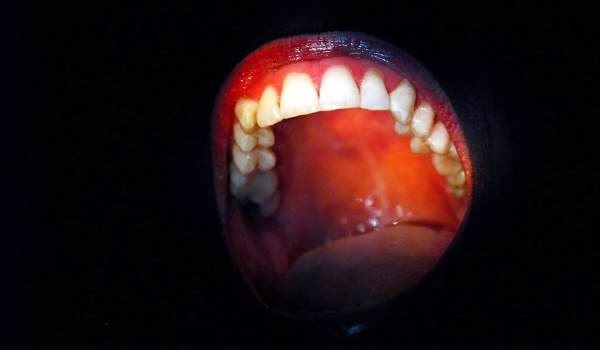I was sitting on the Olivier stage last October, waiting for
the third of the thrilling James plays to start - the very last performance I
was able to attend with my Entry
Pass Entry Pass.
Looking back, I could say that what stands out are
individual highlights like Edward II, Othello, Curious Incident, London Road Entry Pass Entry Pass
Without Entry
Pass London Road
As I walked out of James III last October I decided to head
up to the balcony on level 5. I stood there, looking over the London
For that, I thank you.
Luke Temple








%2520and%2520Alex%2520Beckett%2520(Maltravers)%25202_Photo%2520by%2520Johan%2520Persson_.jpg)




